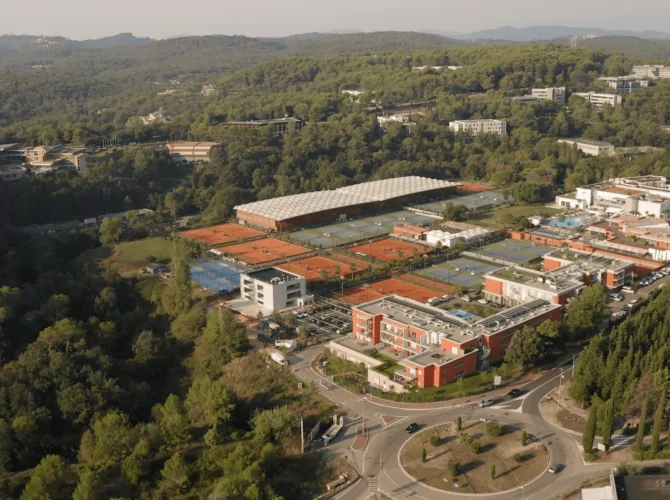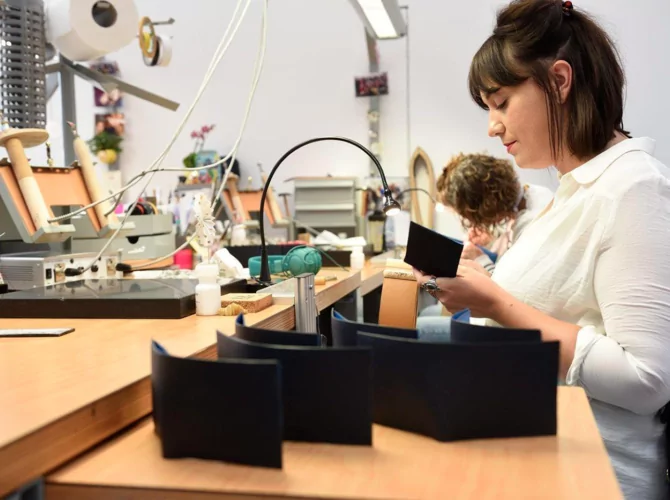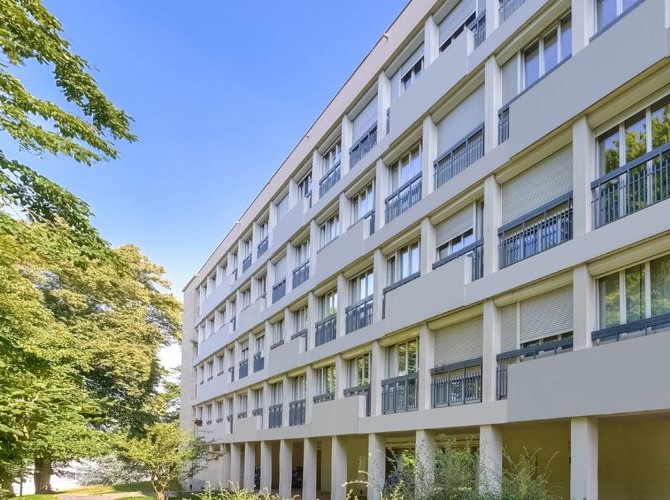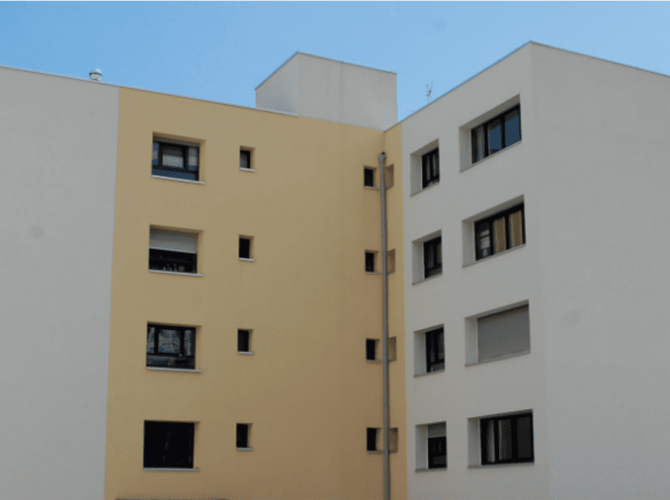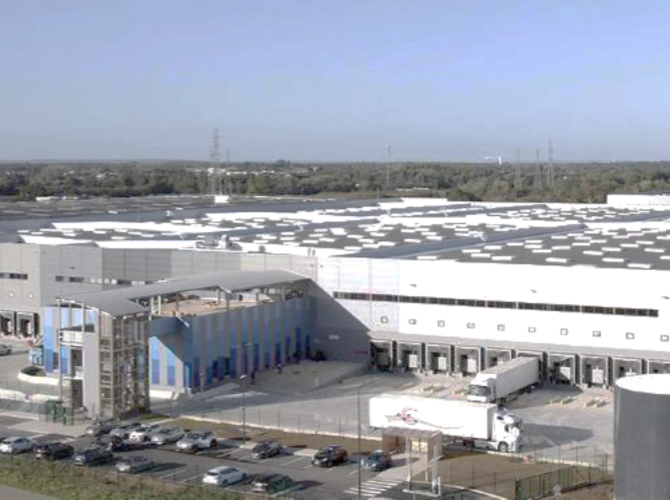Heat production of a residence at the École Polytechnique on the Palaiseau campus - 4,800 m²
The decarbonized surface ➡️ 4,800 m² ➡️ 73 dwellings spread over 4 buildings
The reference energy ➡️ Gas
-60%
reduction of energy consumption
-78%
reduction of CO2 emissions
Background
The École Polytechnique has embarked on an ambitious path to carbon neutrality. As part of this, it is partnering with AMO EMENDA and Accenta to reduce CO₂ emissions from a residence located on its Palaiseau campus (91), consisting of 73 apartments for married students and executives, spread across 4 buildings. The heating, initially provided by gas, no longer met the institution’s sustainability objectives. The École Polytechnique wants a decarbonized, renewable heating solution for these apartments.
Challenges
The École Polytechnique’s main challenge was to choose an innovative heat production solution that would:
✅ Significantly reduce the site’s CO₂ emissions and final energy consumption as part of its Climate Plan
✅ Ensure thermal comfort for site residents
✅ Integrate various renewable energy sources through a thermal and electrical Smart Grid and innovative technologies
✅ Demonstrate the effectiveness of an advanced system that could also support research activities conducted on campus
✅ Meet the requirements of a global performance contract with commitments to deliver results
Solutions and Objectives
To address these challenges, Accenta has deployed a comprehensive solution combining renewable energy production, smart storage, and optimized control:
✅ Surface geothermal energy: installation of 14 185-meter vertical probes, coupled with two geothermal heat pumps,
✅ Aerothermal supplement: installation of three aerothermal heat pumps and an air cooler,
✅ Solar energy: installation of two rooftop photovoltaic power plants covering an area of 286 m²,
✅ Electric mobility: installation of an electric vehicle charging infrastructure (EVRI) with 12 charging points,
✅ Research and innovation: creation of a living lab in the boiler room’s technical room, made available to researchers to observe and analyze the solution’s operation under real-life conditions.
Expected results with performance commitment:
✅ At least 78% reduction in CO₂ emissions
✅ At least 60% reduction in final energy consumption thanks to high-efficiency equipment.
The project is supported by the École Polytechnique Foundation, the Ifker Climate Fund, and the Energy4Climate (E4C) center.

